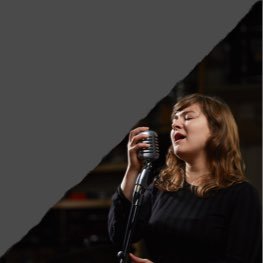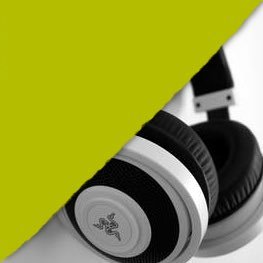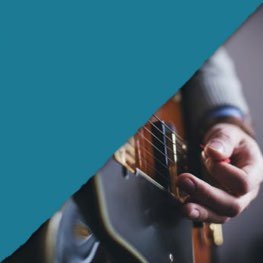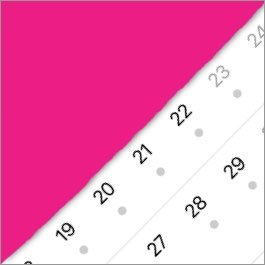IMPROVISING IN A DISCO STYLE
By JJ Wheeler – musician, teacher and record producer
The word ‘disco’ comes from the French ‘discotheque’, initially meaning library of phonograph records, but later becoming the word for nightclubs and bars which play music for dancing. Disco music was at its most popular during the 1970s, although it has had several revivals in popularity and has had an influence on popular music and culture ever since.
Having grown out of the New York club scene in the late-1960s/early-1970s, disco cemented its place in western popular culture after being featured in box-office hit films such as Saturday Night Fever and Thank God It’s Friday. The accompanying fashions reflected the musical influences of disco, with a mixture of African-American and psychedelic sensibilities.
Groups and artists such as ABBA, The Bee Gees and Gloria Gaynor helped to define an unmistakable disco sound, incorporating elements of funk, soul, pop, salsa and psychedelic music. Their songs featured simple four-to-the-floor beats, funky bass-lines, soaring vocal melodies and horn/string arrangements, padding out the tightly produced orchestrations featured in many of them.
More recently, solo artists such as Madonna and Justin Timberlake have used disco sensibilities to create a retro feel in their music, for instance Madonna’s ‘Hung Up’ samples ABBA’s ‘Gimme! Gimme! Gimme! (A Man After Midnight)’. Artist collaborations such as that between Daft Punk, Pharrell Williams and Nile Rogers have also revisited the disco feel and resulted in massive hits such as ‘Get Lucky’.
Improvising in a disco style
When thinking about how to improvise in a disco style it is worth listening to and thinking about the characteristics of the style. We can incorporate these into our improvisation to become more idiomatically correct. For example, bassists should think about how many disco bass-lines feature tight, funky ‘riffs’, often syncopated to create an upward lift to the music. This could also be applicable to guitarists, who may wish to play chords in upper registers or higher hand positions to create an authentic disco sound. Many disco songs feature repeated quaver or semiquaver patterns in the guitar parts, which can be replicated to good effect when creating an accompaniment to a disco track.
Drummers should think about opening the hi-hat on off-beat quavers, giving an authentic disco feel. This is commonly played alongside a four-to-the-floor feel bass drum pattern (bass drums on all 4 beats of the bar) and simple 2 and 4 snare drum back-beats. Another option on the hi-hats would be to play a semiquaver feel. Be careful when doing this to keep closed hi-hats firmly shut to find the tight, produced sound of many disco records. Experimenting with using the tip or the stick on top of the hats, rather than the shoulder of the stick can also enhance this further.
Singers are a big feature here. Melodies should be clear and move with the music, and phrasing should take the form or length of each section into account. You may wish to experiment with spoken or rapped phrases, (such as on Average White Band’s ‘Pick Up the Pieces’, and Chic’s ‘Good Times’. Lyrics should be typical of the style – disco lyrics often feature content about going out dancing, having a good time, being in love, and other happy or positive subjects.
One feature of the style keyboard players could incorporate into their improvisation is use of synthesised keyboard sounds. These can either be used as lead textures or chordal accompaniment and padding. An alternative would be to recreate the horn accompaniments often found in disco music using synth horn sounds. These are often jagged, syncopated lines or ‘hits’, punctuating the music to good effect.
Whatever your instrument, try to make sure your improvisation has forward momentum and a positive energy. Disco music is specifically for dancing and having a good time, so it’s wise to reflect this in the feel of your playing.
Example improvising videos
Watch videos with session musicians and Rock & Pop examiners JJ Wheeler and Tom Fleming and session musician Harry the Piano for tips and ideas on how to improvise in a disco style:
Influential artists
After singing with jazz/soul band Soul Satisfiers in the 1960s, Gloria Gaynor went on to have a successful solo career spanning several decades. Her best known hit ‘I Will Survive’, went to number one in the billboard hot 100 and is still one of the most frequently played songs at parties and discos to date.
Formed in 1958, British-born brothers Barry, Maurice and Robin Gibb, or The Bee Gees, started as a rock act but went on to become one of the most prominent disco groups of the late 1970s, with classic hits such as ‘Jive Talkin’, ‘Night Fever’ and ‘Stayin’ Alive’. They combined tight harmonies with vibrato and falsetto vocal sounds, to create a unique and instantly recognisable brand of disco music. They also wrote and performed the soundtrack for the hit film ‘Saturday Night Fever’, which still tours the world as a stage show today.
Another widely recognised disco act is ABBA. This four-piece Swedish group won the Eurovision Song Contest in 1974, and went on to become the most successful act ever to win the competition. To date they have sold over 380 million albums and singles, with theatrical performances and songs very much a part of their signature style. Known as perfectionists in the studio, their tight sound and up-beat music epitomised the disco style, with hits such as ‘Waterloo’, ‘Mamma Mia’ and ‘Dancing Queen’.
Disco Spotify playlist
We've pulled together a playlist of disco songs that appear on our Rock & Pop 2018 syllabus as well as other great disco and disco influenced songs for further inspiration and ideas. Follow our Spotify profile and playlists to easily find the playlists whenever you want to have a listen.
About JJ Wheeler
JJ Wheeler is a professional touring and session drummer and percussionist, teacher and record label producer. He has worked with artists such as Celine Dion, worked on West End musicals including The Bodyguard and regularly performs in a range of bands across the UK and abroad. JJ runs workshops, clinics and masterclasses all over the world, and is also a Trinity Rock & Pop examiner
